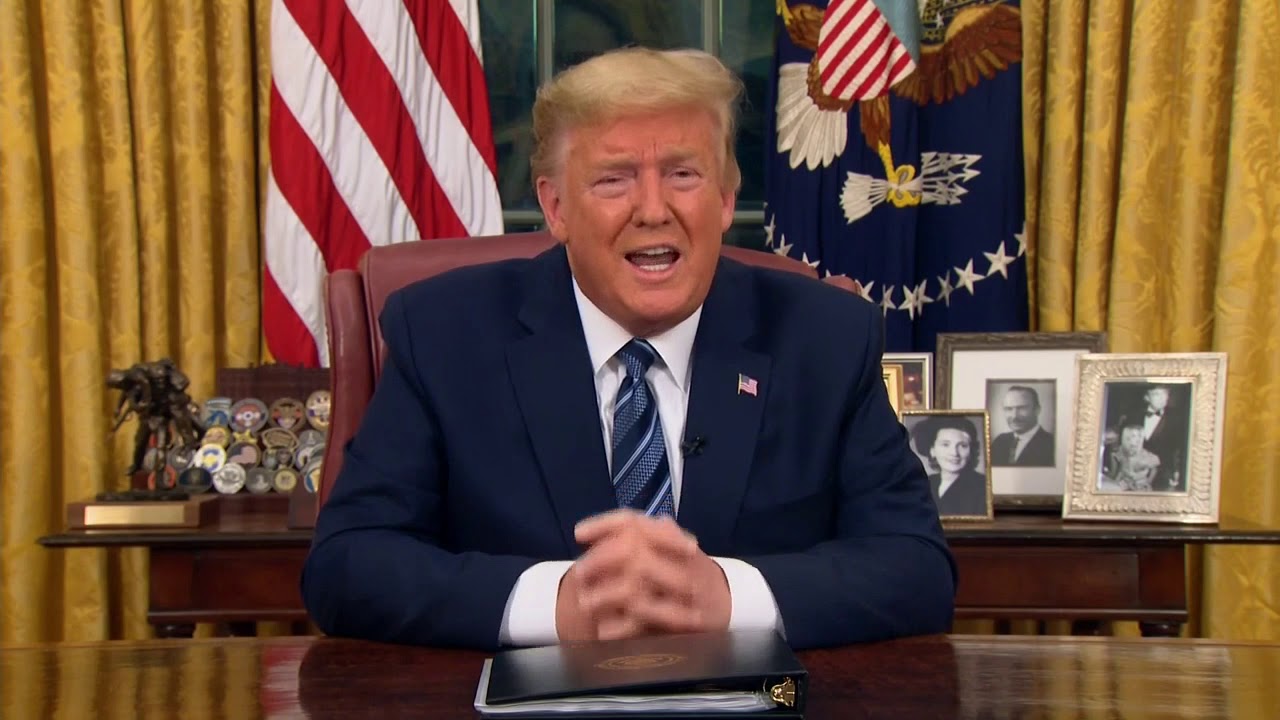In a recent legal development, the 2020 election subversion case involving former President Donald Trump has hit a temporary pause. This pause comes as US District Judge Tanya Chutkan, the presiding judge over the case, decided to halt further proceedings. The key reason behind this decision is the pending consideration by the Supreme Court regarding whether Trump is entitled to legal immunity from the charges.
BREAKING: The federal judge in Donald Trump's 2020 election case pauses proceedings amid a dispute over immunity. https://t.co/FVbE6qR6B8
— CBS News (@CBSNews) December 13, 2023
Judge Chutkan, in a concise three-page order, explicitly stated that any actions that could propel the case closer to trial or add more legal complexities for the defendant will be postponed until the Supreme Court delivers a ruling on the immunity matter. This decision adds a layer of anticipation and legal intricacy to an already closely-watched case.
The question of legal immunity for a former president is a nuanced and contentious issue, bringing forth discussions about the scope of protection afforded to high-profile figures. The Supreme Court’s forthcoming decision will undoubtedly have far-reaching implications, not only for Trump but also for the broader landscape of legal accountability for public figures.
Legal experts weigh in, expressing diverse opinions on the potential outcomes of the Supreme Court’s decision. Some argue that a ruling in favor of immunity could set a precedent with significant consequences for future cases involving former presidents. Others contend that a denial of immunity could signal a shift towards increased accountability for leaders even after their tenure.
As the case enters this temporary hiatus, the nation awaits the Supreme Court’s decision on whether Donald Trump, as a former president, will be shielded from the legal ramifications of the 2020 election subversion allegations.

